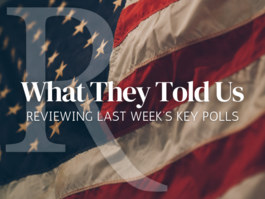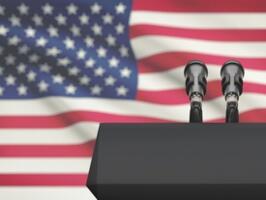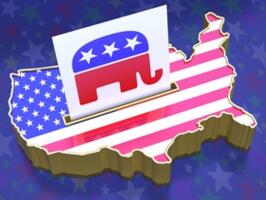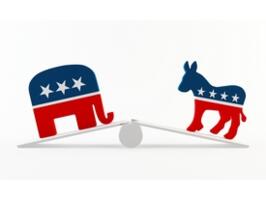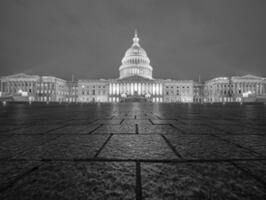What They Told Us: Reviewing Last Week’s Key Polls - Week Ending July 29, 2017
So much for one-party rule. President Trump ended the week with his job approval rating down to a new low of 41%, while GOP Senator John McCain late Thursday killed the Republican effort to change Obamacare and was hugged by a prominent Democratic senator in thanks.
